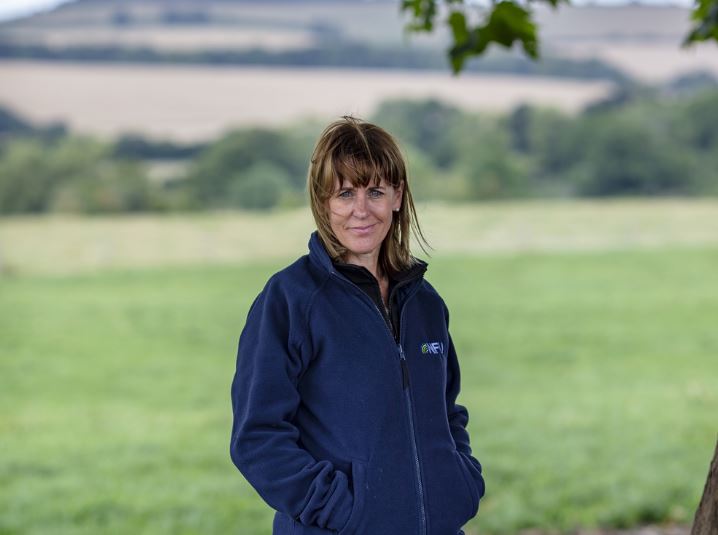Reducing methane emissions and carbon capture will help British farming achieve net zero carbon emissions without reducing the amount of beef or dairy it produces, the National Farming Union (NFU) has said.
The NFU has this week published its plan to reach its ambitious target of net zero by 2040, outlining actions under three main pillars: reducing emissions, carbon capture and displacement techniques.
To reduce farm emissions, it lists precision farming to minimise inputs of things like nitrogen fertiliser, as well as feed additives for cows and sheep, such as certain minerals, to help reduce methane produced when ruminants break down cellulose in their diet. Improving health in cattle and sheep can also reduce methane emissions, the group said.

On carbon capture, bigger hedgerows, more trees and woodland, enhancing soil organic matter and conserving carbon stores in pasture will help to store more carbon in the ground and reduce farming’s overall emissions.
The third pillar involves linking agriculture with other industries, such as construction and energy, to displace greenhouse gas emissions from fossil fuels by producing materials like hemp fibre and sheep’s wool for novel building materials or insulation materials.
Land-based renewable energy generation could also save up to three tonnes of Co2 a year under the displacement pillar, the NFU said, but would need the government to support land-based renewables as well as offering farmers credit for avoided GHG emissions.
“There is no doubt that climate change is one of the biggest challenges of our time and rising rapidly on the political agenda both at home and globally,” said president of the farmer’s union, NFU, Minette Batters.

“Representing British farming, we recognise our unique position as both a source and a store for greenhouse gas emissions and, importantly, how we can build on our work so far to deliver climate neutral farming in the next 20 years,” she said.
Batters said British farmers aim to be producing the most climate-friendly food in the world.
“I am also very clear that we can deliver on our commitment to net zero while retaining, if not growing, our agricultural capacity,” she said. “We must avoid anything that undermines UK food production, and merely exports our greenhouse gas emissions to other parts of the world.”
Organic certification the Soil Association, tweeted in response to the report: “Dietary change is needed. [The NFU] is right to shift focus away from grass-fed animal livestock, but we need to eat less grain-fed pork and poultry, reliant on ecologically damaging imported feed crops. Grain-fed meat consumption simply offshores our dietary emissions.
“Agroecological systems like agroforestry and organic are the response needed to the climate and nature crises.”
The NFU’s plan to reach net zero emissions for farming is an overall target, not an expectation that every farm will reach net zero.
Reducing consumption of intensively farmed red meat, as well as dairy, has been recommended in several high-profile scientific reports this year on how to mitigate climate change.
The British farming industry’s carbon footprint is about 2.5 times lower than the global average, the NFU said, taking into consideration the impact of the whole farming system and input, not just the methane emissions of cows.















0 Comments